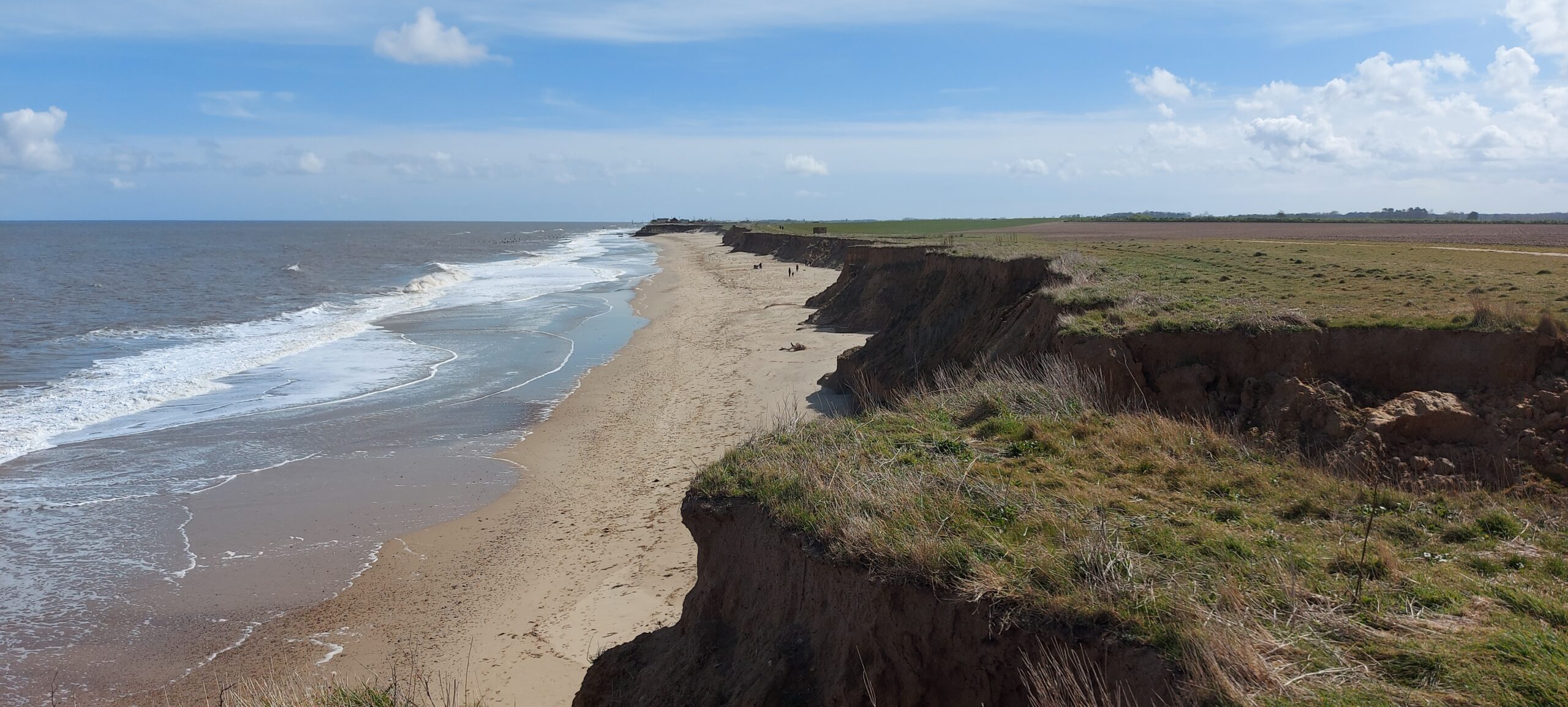On the 10th of November the Global Development Research Division held its first workshop of the year around the topic of “the Anthropocene”, which is the primary theme for the DSA2023 Conference. Six presentations were delivered by researchers from across the University and beyond.
The first speaker, Rosa Freedman (School of Law) discussed how the challenges posed by the Anthropocene can be viewed through a human rights lens. Currently, the United Nations are drafting a convention on the right to development, much of which focuses on climate challenges, disaster resilience and sustainability. Moreover, the convention marks a break with the past in human rights legislation as it focuses on peoples rather than individuals as rights holders. As such, it moves the system away from protecting the weak individual against the powerful state and instead recognises a globalised system of power with the interdependence of states. Rosa views this shift towards collective rights as a key turning point for legislating the Anthropocene, which correspondingly requires collective action.
Next, Alex Arnall (Division Lead, School of Agriculture, Policy and Development) presented his recent work with communities in North Norfolk. He argues that the concept of the Anthropocene is rooted in deep timescales and a generic humanity which renders diverse human beings invisible both as agents and victims. In response, his research captures the ‘everyday experiential Anthropocene’ and how human-nature relations are being reconfigured in a time of unprecedented global change. As the vulnerability of the Norfolk coastline comes into sharp focus so does the salience of ‘encountering’ between living and non-living entities. By exploring these emerging encounters, Alex’s work highlights community and individual-level agency, thus repositioning humans as active participants in shaping coastal futures.
Like Alex, the following speaker Marco Bernardini (Institute of Education) also views the Anthropocene as an opportunity to reflect on the relationship between nature and humanity. The Harawayan Bee Hotel (HBH) (led by Jo Anna Reed Johnson ) builds on this opportunity by providing trainee teachers with nature-valuing thinking tools. The project draws on Donna Haraway’s view of reality as a messy conglomerate of nature and culture and aims to provide participants with a ‘double-vision’, which acknowledges that humans and non-humans are both unique, relationally constituted and creatively capable. During activities, trainee teachers adopt practices to coax out the creative agency of both students and natural entities. The HBH provides an example of how teaching practices can be transformed to better meet the challenges of the Anthropocene.
Andrew Ainslie (School of Agriculture, Policy and Development) discussed the topic of responsible research and what it means against the backdrop of the Anthropocene. He began by describing the tension between the idea of slow research in tandem with the great acceleration of the climate crisis. Historically, academics have been urged to engage in thorough, contemplative research but given the urgency of the Anthropocene’s challenges should we be more reactive in our roles? If so, will this create an environment of extractive research that goes against the decolonial and participatory principles of co-production? These are questions he hopes to address during a Panel at the DSA2023 by bringing together case-studies, personal reflections, and theoretical and methodological innovations.
The penultimate talk was given by Sophie Blackburn (School of Geography and Environmental Science) who presented her plans for a new research network “Critical geographies of disaster” to be launched during the DSA2023 with colleague Simon Dickinson (University of Plymouth). The aim of the network is to connect the growing number of human geographers applying diverse theoretical lenses to disasters and promote the significance of disasters as political phenomena. Rather than concentrating on natural hazards, the network will focus on the development context in which they occur, ultimately viewing disasters as development failures. The network’s central rationale is that disaster management needs the deep transformation of risk producing social structures. Consequently, the scholarship Sophie hopes to foster will revolve around understanding what kind of transformations are necessary and why, as well as who should be responsible for dictating them.
The final speaker was Ollie Douglas, who is Curator of MERL Collections at the Museum of English Rural Life. Ollie’s presentation focused on how, through the museum’s collections and activities, the MERL engages with the theme of the Anthropocene. Ollie commented that, in some ways, the museum owes its existence to one of the Anthropocene’s crisis points: the development of agriculture. Indeed, the MERL was founded in 1951 as a means of preserving English rural histories and artefacts in the face of mounting modernity. Today, its collections span from 1750 to the present, thereby covering a sizeable portion of the Anthropocene’s expansive timescale. Yet, Ollie hopes that the Museum’s collections and exhibits transcend a generic chronological representation of the rural past and instead showcase contextual histories that present fine-grained moments of interconnected human and nonhuman agency in action.
Written by Sophie De Pauw

